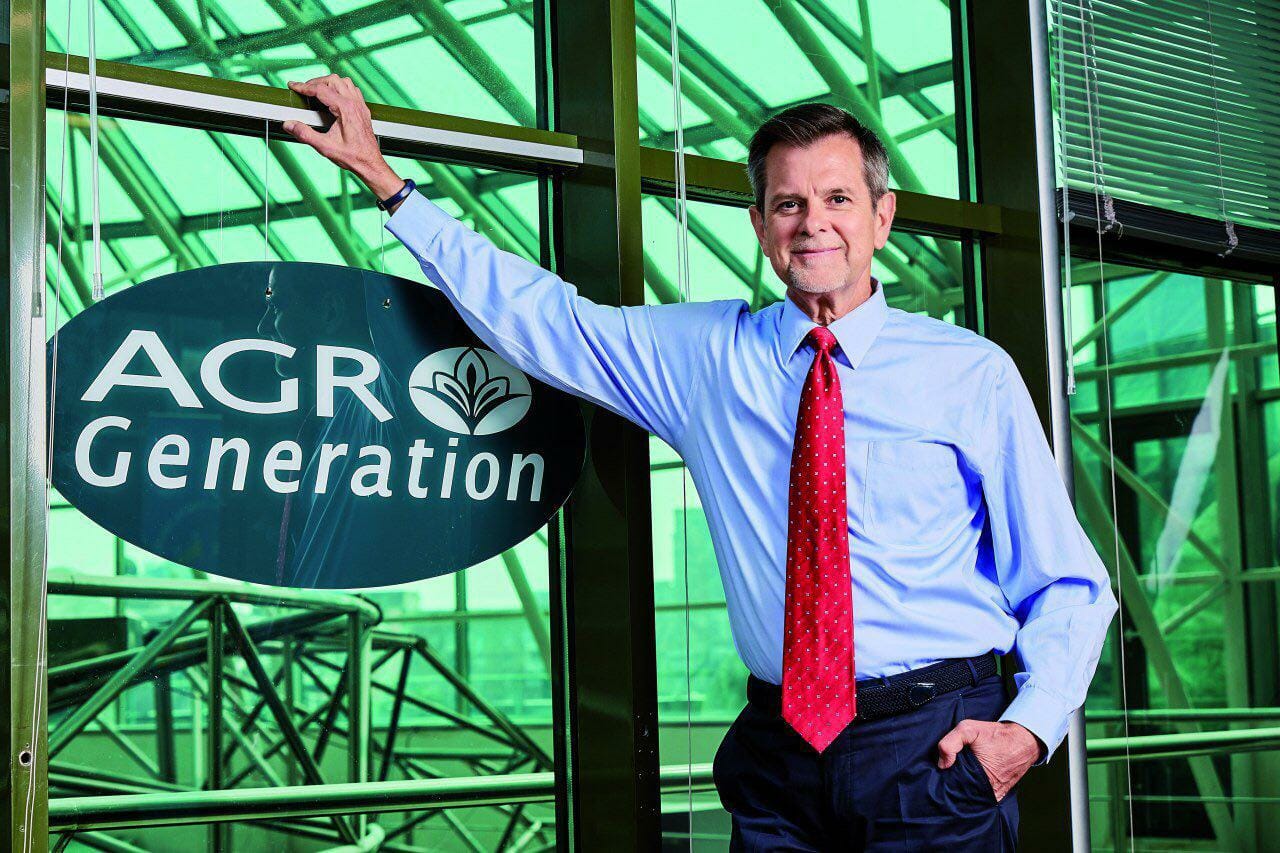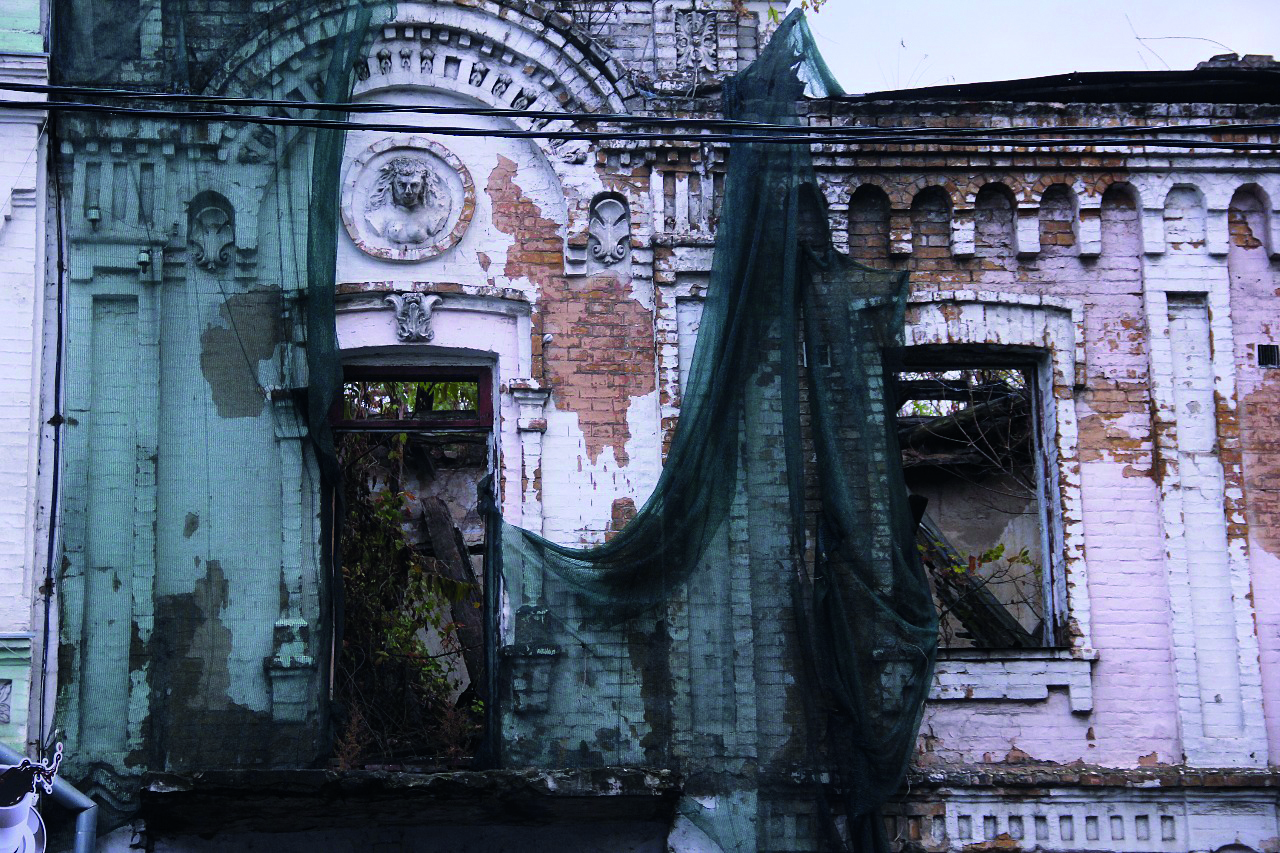Sowing Seeds in Ukraine

As the world’s third largest agro-exporter, with potential to more than double that, Ukraine has huge potential. John Shmorhun, a farmboy turned navy pilot turned businessman, has been working at ensuring that potential is realised for nearly 30 years
John Shmorhun is no stranger to this part of the world: he’s been floating between Russia and Ukraine since 1990. Starting first in Moscow in sales for Dupont, he says it was a fascinating time. “We moved in the week of the putsch. We arrived to burned out tanks and snipers on the roofs; it was a real eyeopener.”
 Setting Up in the East
Setting Up in the East
Moscow was moving fast in terms of reform in those days, says Shmorhun. Though there was scarcity – almost everything needed to be ordered in by catalogue from Finland, there were so many changes. “All of the major corporations were coming in; you could finally go to people’s houses and people could talk. We were there too for the opening of the first McDonald’s!” he recalls laughing.
Following Perestroika, Shmorhun and family moved to Ukraine to set up shop there. If Moscow was slightly advanced, Kyiv was nowhere near being as progressive, he says. “It was so grey. And yet, there was new breath, people had had enough, they wanted change, they wanted a future for themselves and their children, and you could see that.”
It was the height of the 90s and the company was selling like “gangbusters”. Shmorhun’s wife Patricia too was busy with opening the country’s first private dental clinic, Porcelain, and both were on a working committee to set up the city’s second international school, Pechersk International.
In 1998, Shmorhun got a call to work on the company’s ERP (enterprise resource planning) systems in the US, but would find himself back in these parts just two years later as director of the region, this time in agriculture. It was an exciting time, Shmorhun recalls. In 2008, family matters would take him to Geneva and see him leave Dupont just a few months following. He wasn’t a free agent long however, taking up a job with investment company SigmaBleyzer and setting up the agroholding Harmelia not long after.
XXX
The agriculture industry is not an easy one. So many factors need to come together to ensure a successful year. Here in Ukraine, that reality is no different, despite the abundance of chernozem, or fertile black soil. “I had dreamed about agriculture in Ukraine because I saw a lot of synergies in my own life, not to mention the huge potential in this sphere.”
The company ended up taking on French AgroGeneration in 2013, which is where Shmorhun can be found these days in the CEO’s chair. “Though you could see the fomenting, even when Ukraine became independent, no one expected a revolution,” he says, referring to EuroMaidan, Ukraine’s Revolution of Dignity in 2013-2014. “Ukrainians are very patient – but to a point. It is not the same in Russia – where its much more of a collective. People here are willing to come together for a common cause, but it has to be common.”
While it’s been a tough go these last four years business-wise, things are looking up. “Agriculture in Ukraine is unique because of size. The soil is also very important. We have this very heavy mineral-rich soil, which creates a great environment for growing.”
Though AgroGeneration isn’t the biggest farm holding in Ukraine, it’s not small either at 120 000 hectares, and Shmorhun says there are plans to grow. He knows however that this is a very complicated science and business: “You depend on part of it from God. But financing, banks, and legal issues all have a part to play. There are so many factors you can’t control, so you want to have stability,” which is something this country certainly hasn’t been known for in the last few years.
Despite this, the company employs more than 1 500 people who work hard and accomplish a lot under all the circumstances, he says. “The most important part of this business is the people. They have a culture to land,” which is no small factor in the country’s success locally and internationally.
“People here are willing to come together for a common cause, but it has to be common”











